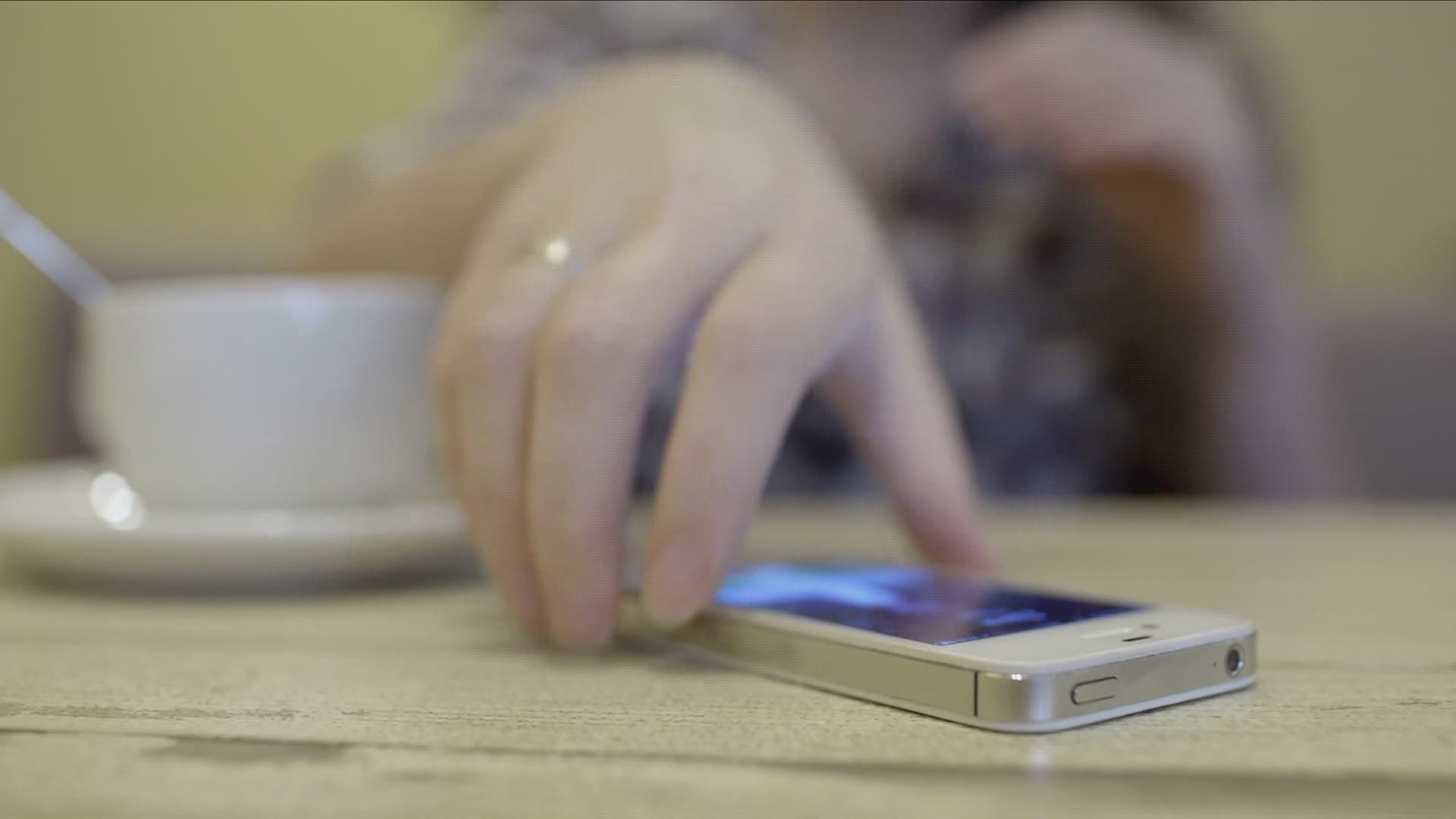DES MOINES, Iowa — Have you received any robocalls today?
Chances are, the answer is yes.
Robocalls, for now, are a fact of life that governments have tried unsuccessfully to stop so far.
But some people actually look forward to robocalls.
That's because they've found a way to turn the tables and actually make money off them.
Local 5 On Your Side takes a look at whether this might work for you here in Iowa.
Cashing in on robocalls.
$500, $1,000, even $1,500 a pop.
Take two women in Texas for example: Michelle Rose is $1,500 richer thanks to the unsolicited, automated calls. Terri Pepper has $10,000 and counting.
"Oh my goodness yes. I'm taking my family to Disneyworld for Christmas," Terry said.
Two federal laws let you turn the tables on telemarketers, making it illegal for companies to use those automated dialers to call or text without permission.
If they do, the robocaller owes you $500.
Triple that to $1,500 if your phone is on the do not call registry.
Some people are hesitant to even tell their families about the money they're making.
"I have but they still think it's a scam," Rose said. "They don't believe it."
Doc Compton is a consumer credit expert that Local 5 spoke with by Skype about the whole program.
"We've tried to empower consumers and teach them exactly how to use this law to overcome these incessant robocalls," Compton said.
He created a $47 kit with step-by-step instructions on how to cash in on robocalls.
The hardest thing? Convincing people it isn't a scam.
"I get asked a lot, 'Well if this works so well aren't the companies eventually going to stop calling'. And the answer is, hopefully," Compton said. "But in the meantime, they're so desperate to avoid litigation and with that, scrutiny from the federal government."
Here's what to do.
Answer the robocall and pretend like you're interested in whatever they're selling. You're trying to get the company's name, website and address.
Next, send a demand letter and see what happens.
The companies typically will settle and pay you.
"I've had many [conversations] with robocallers who have flat out told me we're not gonna stop, we make too much money doing it," Compton said. "And if we have to pay out a little to people who've figured it out then so be it, it's the cost of doing business for us."
The Iowa Attorney General's office agrees that robocalls need to be stopped and they're fighting it in a number of ways.
But they warn that collecting won't be as easy as it may look.
"A lot of these calls original from overseas, and so, your odds of finding that caller and collecting from that caller is going to be tough," Lynn Hicks with the Iowa Attorney General's office said.
But it seems Terry and Michelle are extremely persistent.
They've made thousands in just a few months.
"When I got the e-mail back that they were willing to settle, I was like this can't be that easy. But it is," Rose said.
The end game is to stop robocalls.
But until then, these folks will just keep on cashing in the checks.
"The exciting thing is now that instead of avoiding my phone I quickly grab my clipboard and start taking down information," Pepper said.
How can you make sure your number is on the national "Do not call" registry?
It's simple.
Go to DoNotCall.Gov, type in your phone number and email address to verify whether or not you're on the national "Do not call" list.

